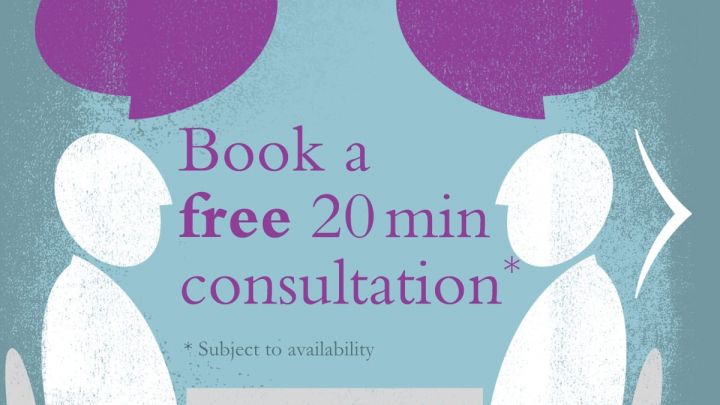
Divorce and Business Valuation
April 2025
When a business is involved in a divorce, its valuation can become one of the most complex and contentious issues. Whether you are a business owner, or your spouse, understanding how the business will be valued and how its value will impact the division of assets is crucial. Divorce settlements in the UK require a fair and equitable division of assets, and businesses are often a significant part of the marital estate.

This summary provides general information and does not constitute legal advice on any individual circumstances.
Legal Rights and Considerations
In the UK, businesses are considered a marital asset if they were acquired or grew during the marriage, even if the business is only in one spouse’s name. The court aims to achieve a fair division of assets, which includes considering the value of the business and how it has contributed to the overall wealth of the family. Therefore, even if one spouse doesn’t have a direct share in the other spouse’s business, they may be entitled to a share of its value as part of the financial settlement.
The process of valuing a business during divorce can be complicated. It involves analysing several factors, such as the business’s profits, assets, liabilities, and potential for future growth, and also whether any part of that value is non-marital, having grown before the marriage, or after the parties’ separation. The court will also consider the role the non-owner spouse has played in the business, whether through financial contributions, administrative support, or by helping to maintain the family home so that the business-owning spouse could devote more time to the business itself.
In many cases, the parties will need an independent expert to assess the business’s worth. The valuation may include a range of methods, such as a market approach, income approach, or asset-based approach, depending on the nature of the business and the information available. The final valuation will impact the settlement, and the court will use it to ensure a fair distribution of assets.
Protecting Your Business Interests
If you are a business owner going through a divorce, it’s essential to take steps to protect the value of your business. One way to safeguard your business assets is by ensuring that the business is properly structured, with clear ownership and defined roles. If the business is co-owned with others, a shareholder agreement can help clarify how the business will be handled in the event of a divorce.
Another option to protect business interests is to have a prenuptial or postnuptial agreement that clearly outlines how the business will be treated in the event of a separation. These agreements can provide greater certainty and prevent the business from being divided in ways that could harm its long-term success.
Why Legal Advice is Essential
When divorce involves business assets, it’s essential to seek legal advice from a specialist solicitor who has experience dealing with business valuations. A solicitor can guide you through the process of valuing the business, ensuring that all necessary information is considered, and that the valuation is fair.
For business owners, the importance of protecting your interests cannot be overstated. A solicitor can help you navigate the complexities of business valuation, negotiate a fair settlement, and ensure that your business continues to operate successfully after the divorce.
For spouses who are entitled to a share of the business, a solicitor can help you understand your rights and ensure that the business’s value is properly accounted for in the settlement.
How Can Fullers Help?
At Fullers Family Law, we understand that finding a solicitor that you feel understands your own specific situation can be a daunting task. So, you can book a free call back with us here.
We have also created a series of fixed-price consultation meetings with a full ‘no questions asked’ money-back guarantee promise.
For an initial discussion and a no-obligation quote, get in touch with us today by simply calling us on 01234 343134, filling in the contact form below, or emailing us at enquiries@fullersfamilylaw.com and a member of our team will get back to you.

